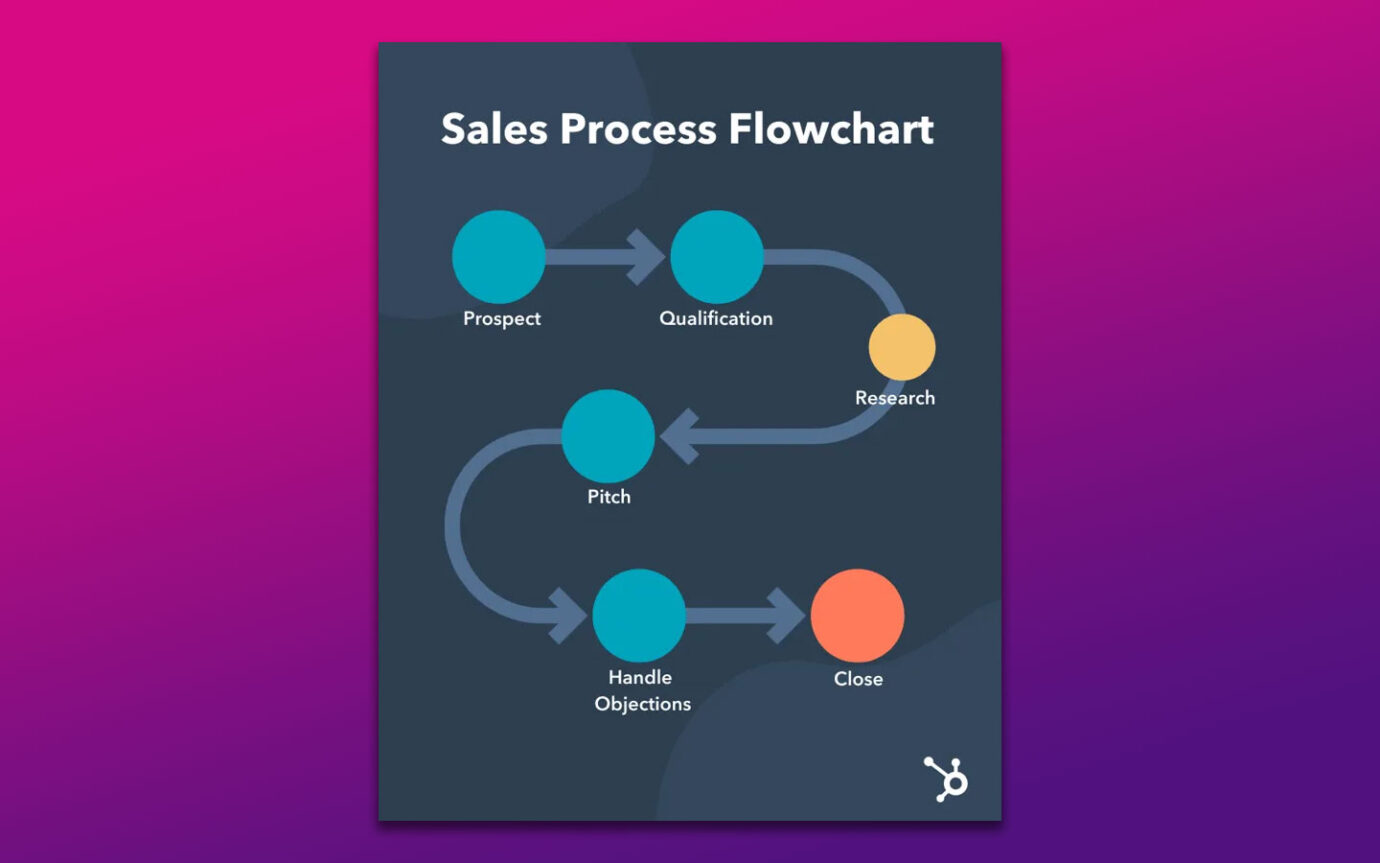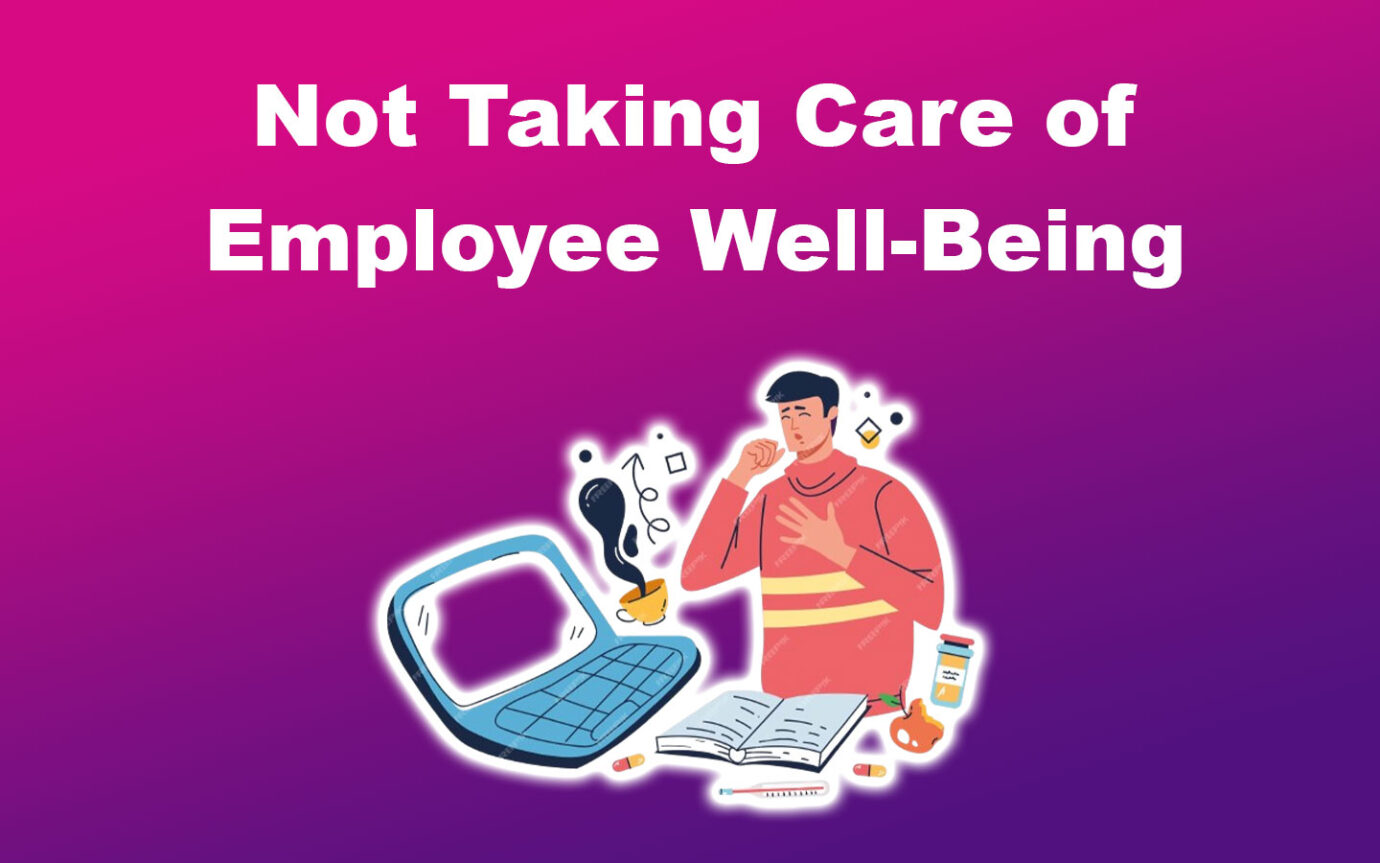In today’s competitive business landscape, scaling your sales team is important for achieving long-term growth and success. However, Scaling isn’t just about hiring more salespeople, optimizing processes, training staff, and adopting technologies to improve efficiency.

In this article, we will elaborate on the key steps to scaling a sales team, including establishing a well-defined sales process, compensating your sales team appropriately, prioritizing customer experience, and monitoring and enhancing your processes.
We will also explore the benefits of scaling your sales team and how it can boost your organization’s revenue.
What Does Scaling a Sales Team Mean?
Scaling a sales team is the strategic and systematic process of growing the size and capabilities of a sales department to meet higher demand, expand market reach, or increase revenue. This includes adding more salespeople, resources, and infrastructure to support the increased workload and business objectives.
Scaling is not limited to hiring more sales representatives but also involves optimizing processes, implementing effective training programs, and adopting technologies to improve overall efficiency.
You can outsource sales team members when you scale up. A freelancer, agency, or consultant can help you a lot.
How to Scale a Sales Team
These are the key steps to scale a sales team:
Note: You can adjust these steps based on your goals and current processes.
Step 1: Ask the Right Questions
Before scaling, ask yourself why you need to do so and what kind of sales forecasting you have done to determine the timing and reason for hiring. Ask yourselves these questions, and if you answer yes, you’re ready to scale your sales team.
- Are you looking to drive long-term growth for your business?
- Do you want to acquire new customers?
- Are you planning to upsell to your existing customers?
- Is your goal to generate more consistent revenue?
- Is your current sales team meeting their quotas, and do you need more people to achieve the same results?
- Is a shift in your industry or the economy making this the right time to hire?
Step 2: Establish a Well-Defined and Replicable Sales Process

These are the three steps to establish a good replicable sales process:
- Take a Closer Look At Your Current Sales Process.
To boost your sales, look closely at your current sales process. This will help you identify what’s working well, what needs improvement, and how to improve things for your customers. Make sure your process involves the right steps to a sales call. - Set Clear and Measurable Goals.
Consider what you want to achieve, whether it’s increasing revenue, expanding your market, or attracting new customers. Whatever your goals, ensure they align with your overall business strategy. - Simplify and Optimize.
This means identifying roadblocks or inefficiencies, automating routine tasks, and creating streamlined workflows. By doing this, you’ll be able to scale your sales efforts and achieve even greater success.
Don’t forget to hire the right salespeople who can understand modern technology and onboard them properly!
Step 3: Compensate Your Sales Team the Right Way
When scaling your sales team, you must ensure your team is compensated fairly. A well-designed and competitive compensation plan can be a great way to motivate, attract, and keep top sales talent on your team.
These are the steps to compensate your sales team the right way:
- Step 1. Pay a base salary.
- Step 2. Set a quota.
- Step 3. Have a variable compensation component.
- Step 4. Use sales accelerators.
- Step 5. Hire a sales manager.
Of course, you can adjust these steps accordingly to fit your sales team’s needs. You should include reasonable commission rates when scaling your sales team.
Does your sales team involve remote workers from abroad? Discover the best ways to pay foreign freelancers here.
Step 4: Prioritize Customer Experience
When scaling, it is important to prioritize the customer experience. Ensure that the expansion of the sales team does not negatively impact the quality of interactions with customers. Customer satisfaction should always be the topmost priority.
It’s always a good idea to ensure that your sales team works closely with your marketing and customer success teams. This way, you can provide helpful feedback on the quality of leads your team gets.
You can also scale your customer success team along with your sales team so they can handle the volume of tasks to get done.
We have listed the benefits of customer service outsourcing if you’re thinking about outsourcing your customer service needs.
Step 5: Monitor and Enhance Your Processes

It’s really important to monitor how your sales team is doing and make changes as needed. You’ll want to be flexible and adapt to changes in the market, customer needs, and feedback from your team.
You should also scale your sales team gradually. This way, you can manage your resources better, train new team members, and ensure everyone works together smoothly.
Keep an eye on how things are going as you grow your team. You can learn much from successes and challenges and use that knowledge to improve your sales team’s scalability.
Want to learn more about building and scaling a sales team? Read these articles on Forbes and Harvard.
Benefits of Scaling Your Sales Team
When empowering your sales team, strategic technology can yield significant advantages for your organization. You can optimize workflows, enhance performance, and improve sales outcomes by using advanced analytics, automation, and other cutting-edge solutions.
These are some key benefits of scaling your sales team:
- It Boosts Revenue.
Revenue increase is one of the key benefits of scaling a sales team. By scaling your sales force, you can access new markets, expand your customer base, and create more sales prospects. - It Helps You Succeed in a Competitive Market.
According to a LinkedIn article, you can stay ahead of the competition if you scale your sales team. Embracing change and innovating is key to staying ahead in today’s fast-paced market. -
It Improves Productivity.
With the right tools and processes, your team can achieve more in less time, resulting in increased productivity and value for the company.
- It Enhances Client Support.
Scaling your sales team can improve customer support and engagement, which crucial for maintaining current customers and establishing lasting relationships. - It Can Help You Form Partnerships.
Your sales team can proactively pursue and establish strategic partnerships with other businesses. Scaling your team can result in the creation of additional revenue streams and contribute to the growth of the business.
Want to move to a remote work setup? If you answered yes, then you must know how to manage a sales team remotely!
Scaling a team has benefits but also challenges. Effective leadership, planning, and monitoring are essential to align the process with the company’s strategy and maintain a positive impact on performance and profitability.
Your plans for scaling your sales team should align with your business strategy and operations.
What to Avoid When Scaling a Sales Team?
These are the things you must avoid when scaling a sales team:
- Not Providing Training to New Sales Reps.
It’s important to ensure new hires receive adequate training and onboarding. Otherwise, they may struggle to meet expectations, affecting their performance and morale. Make sure you set them up for success! - Not Focusing On Retaining Customers.
Competitors are targeting your customers, so enhance their perception of your value to avoid losing them. Put in extra effort and maintain consistency to improve their perception of your business. - Not Following Key Metrics for Quality.
Maintaining consistent quality control across all business operations can be challenging, especially when expanding into new markets. Tracking performance metrics is crucial for identifying areas of improvement and measuring scaling success. -
Not Taking Care of Employee Well-Being.
Neglecting the well-being of employees who work for you can result in burnout, high turnover rates, and decreased team morale. It is vital to prioritize work-life balance, support employee well-being, and acknowledge and reward the sales team’s hard work.
- Not Leveraging Technology.
If you want to improve your sales team’s productivity, communication, and data analysis, investing in sales technologies can be a great way to do it! To enhance efficiency, consider integrating CRM systems, automation tools, and analytics platforms.
By looking for these potential challenges and taking steps to tackle them head-on, you can boost your chances of successfully scaling your sales team while maintaining a happy and efficient work environment.
How to Manage Sales Team Performance?
These are the things you should do to effectively manage your sales team’s performance:
- Define Individual and Team Goals.
Set clear, measurable goals for sales reps and the team that align with business objectives. - Implement a System for Managing Performance.
Develop a performance management system involving regular evaluations, feedback sessions, and acknowledging accomplishments. Offer constructive feedback to assist individuals in their growth and development. - Improve Lead Generation.
One of the best ways to help your sales team is by improving lead generation. This way, they can always have a steady flow of qualified leads. You can achieve this using targeted advertising, content marketing, and other effective strategies. -
Draft a Sales Playbook.
The playbook should include the most effective methods, procedures, and tactics for maintaining and improving sales. This will enable your sales team to remain concentrated and adhere to the plan.
- Provide One-on-one Coaching.
Utilizing one-on-one coaching can effectively foster sales representatives’ development, productivity, and job contentment. It encourages ongoing enhancement, positively impacting the sales team and company achievements.
Check out this article on Indeed on 10 steps to manage a sales team effectively.
Difference Between Scaling a Business & Sales Team
The difference between scaling a business and scaling a sales team is that the former involves a holistic approach to growth across multiple departments. The latter only focuses on expanding and streamlining the sales function to increase revenue and market share.
Scaling a business means growing all the company’s aspects, including departments like marketing, operations, customer service, and others.
Both of these aspects are crucial for organizational growth, and their achievement often depends on meticulous planning, strong leadership, and the alignment of strategies with overall business objectives.
Are You Ready to Scale Your Scales Team?
Establishing a well-defined and replicable sales process, compensating the sales team fairly, prioritizing customer experience, and monitoring and enhancing processes are key steps to scaling your sales team.
With the right strategies and tools, businesses can boost their revenue, expand their market reach, and achieve their business objectives.
With the right strategies and tools, businesses can boost their revenue, expand their market reach, and achieve their business objectives.


